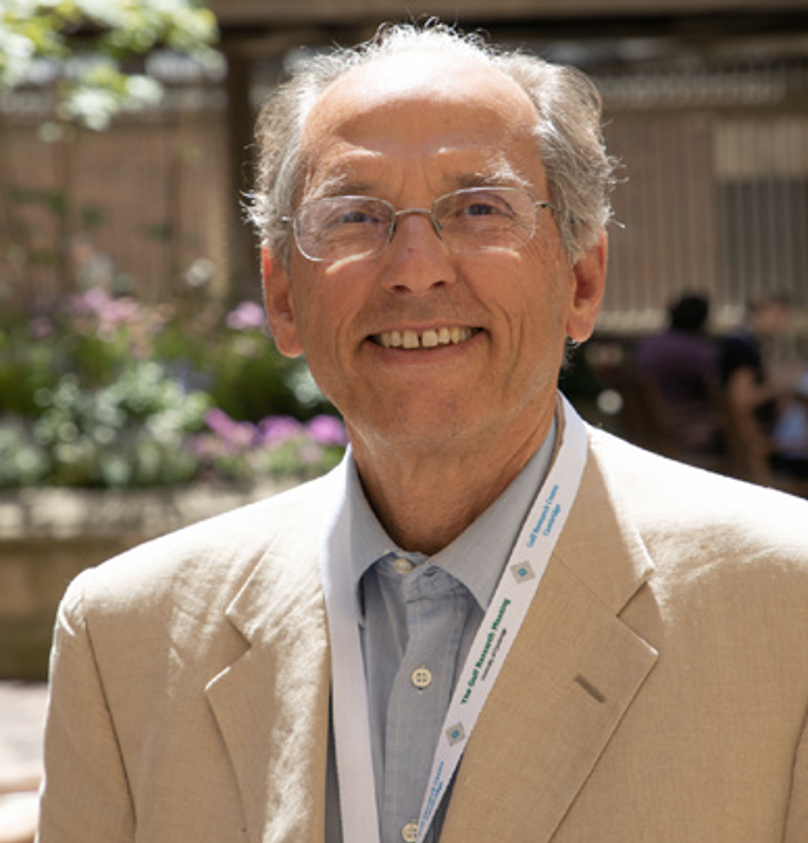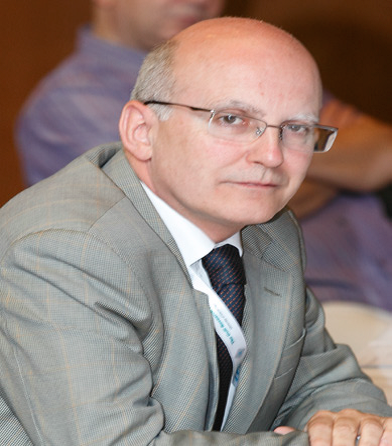Providing for energy has long been seen as a fundamental task of the state, which has, in most cases, initially taken this upon itself directly, setting up a state-owned electricity company to provide for generation, transmission and distribution. Progressively, the state has abandoned its direct involvement and opted for indirect governance, responding to technological developments that have allowed for separation of generation from transmission, and greater competition in generation. The clean energy revolution further accentuates the pluralism in the sector and empowers the private sector – in contrast, for example, from nuclear energy, which is intrinsically centralized and securitized. At the same time, renewable sources create challenges in the management of the grid and of other sources, and it is not clear whether the state is up to the task of managing well a system in which renewables play a large role. Thus the question of the future of energy in the Gulf raises issues of centralization/decentralization and the relationship between the state and private investors, issues that are of broader significance than just for energy.
3 DAYS / 12 Workshops
MORE THAN 300 ACADEMIC PAPERS
The GCC countries display some of the highest energy consumption per capita, energy
intensity per unit of GDP, and emissions per capita or per unit of GDP. Although they are
collectively the world’s primary source of oil and gas, their excessive dependence on these
two sources for satisfying domestic energy requirements has led to multiple expressions of
preoccupation and inspired policies and institutions aiming at achieving greater
diversification.
Clean Energy Solutions (CES) include both measures aiming at reducing specific
consumption (energy consumption per capita, or energy input per unit of GDP) and measures
aiming at improving the uptake of renewable energy sources. We do not wish to include
nuclear energy in the scope of the proposed workshop, because a lively debate on the political
economy of the latter has already developed and led to several publications. In contrast, the
field of political economy of clean energy solutions is relatively virgin.
The workshop will focus on political economy aspects rather than technology. The GRM is
primarily a gathering of social scientists rather than technologists. Furthermore, the
technological aspects are the focus of continuous debate in the context of the EU-GCC Clean
Energy Network that is in the process of being formed thanks to support from the European
Commission and the GCC Secretariat.
With respect to the uptake of CES, social and political variables are as important as
technological ones. In fact, CES require acceptance and convergent behavior on the part of
the vast majority of the population and economic actors. The distinguishing feature of CES is
that they require a large number of highly decentralized decisions, while traditional energy
solutions can normally be implemented on the basis of few, large-scale investment decisions –
in fact they mostly display significant scale economies, favoring large-scale over small-scale
solutions.


